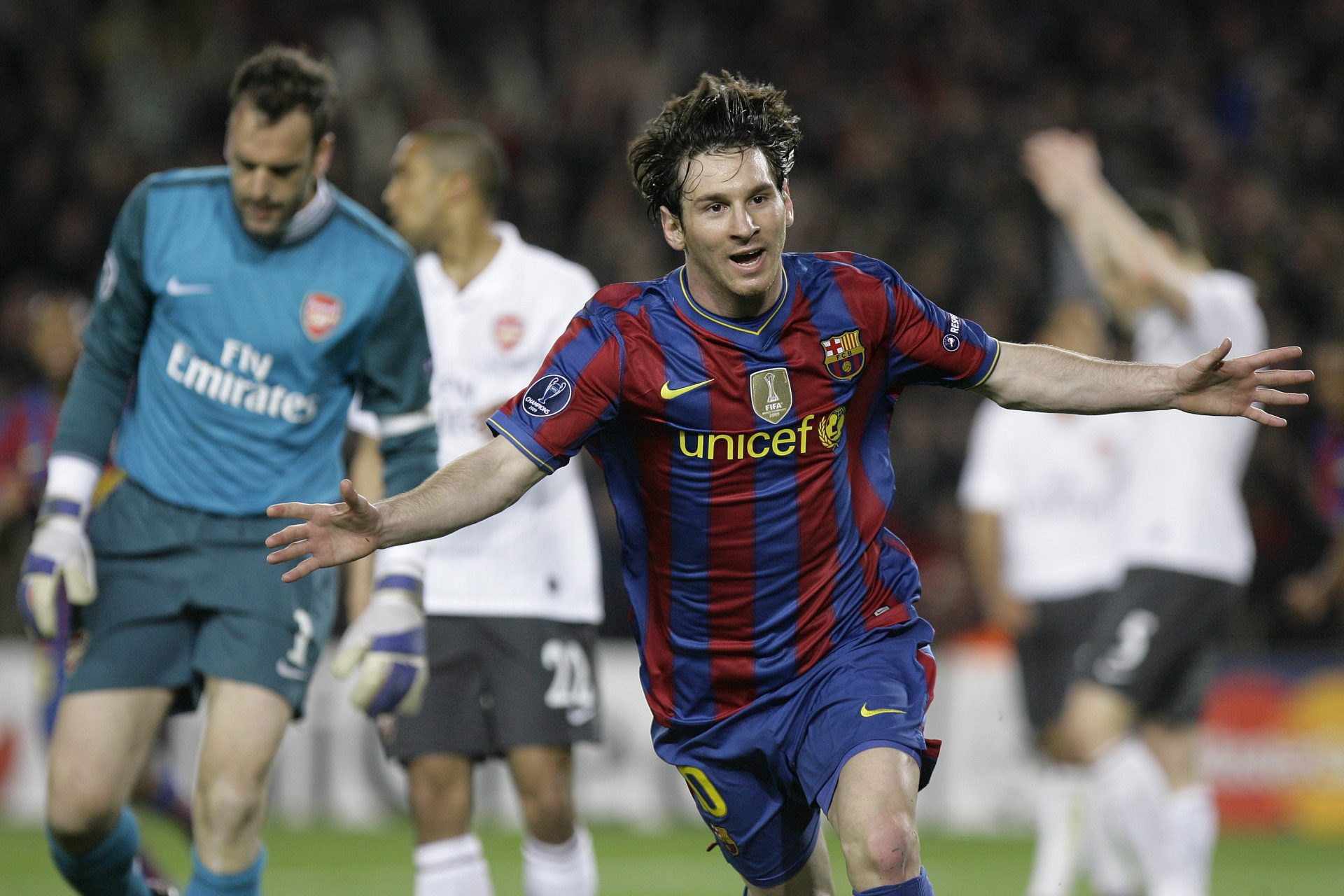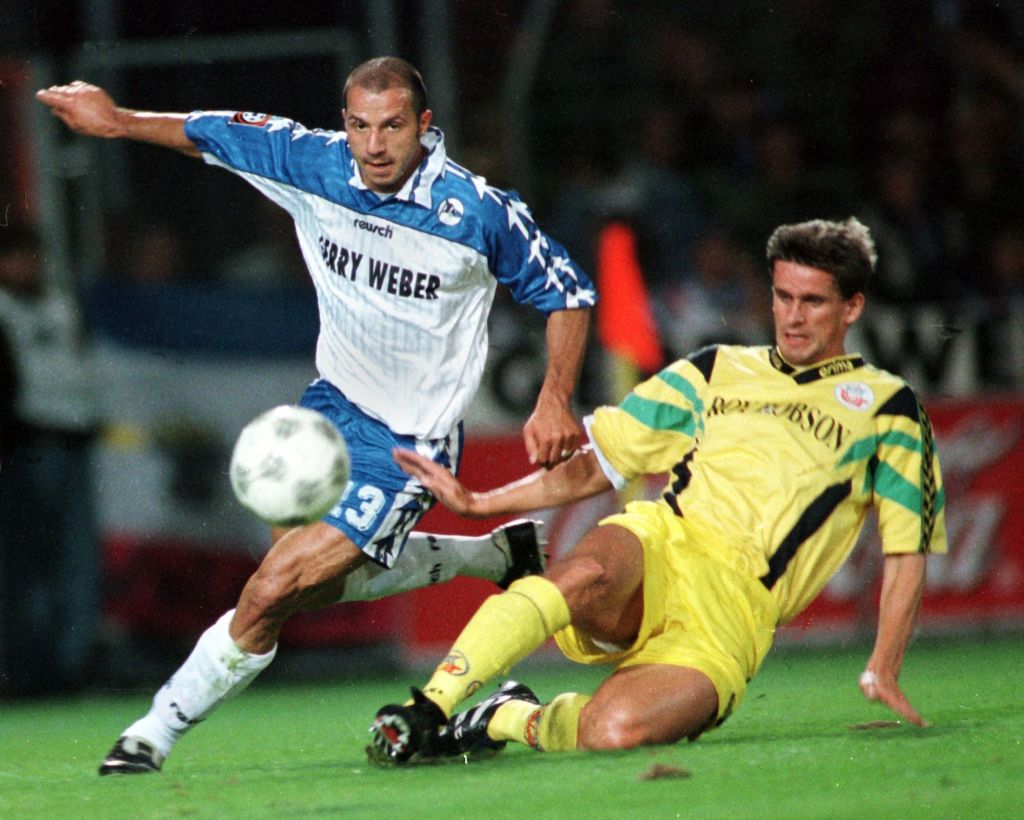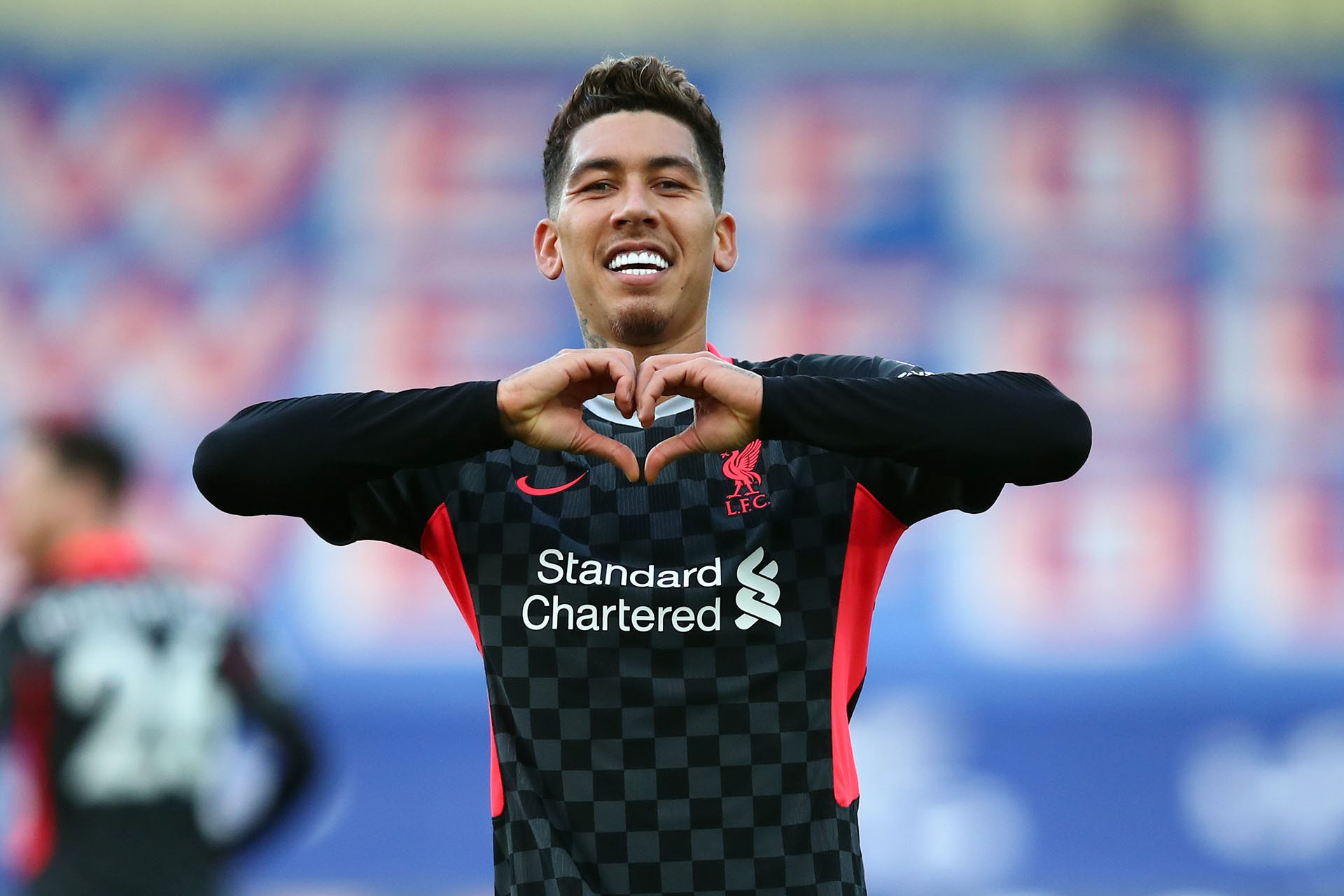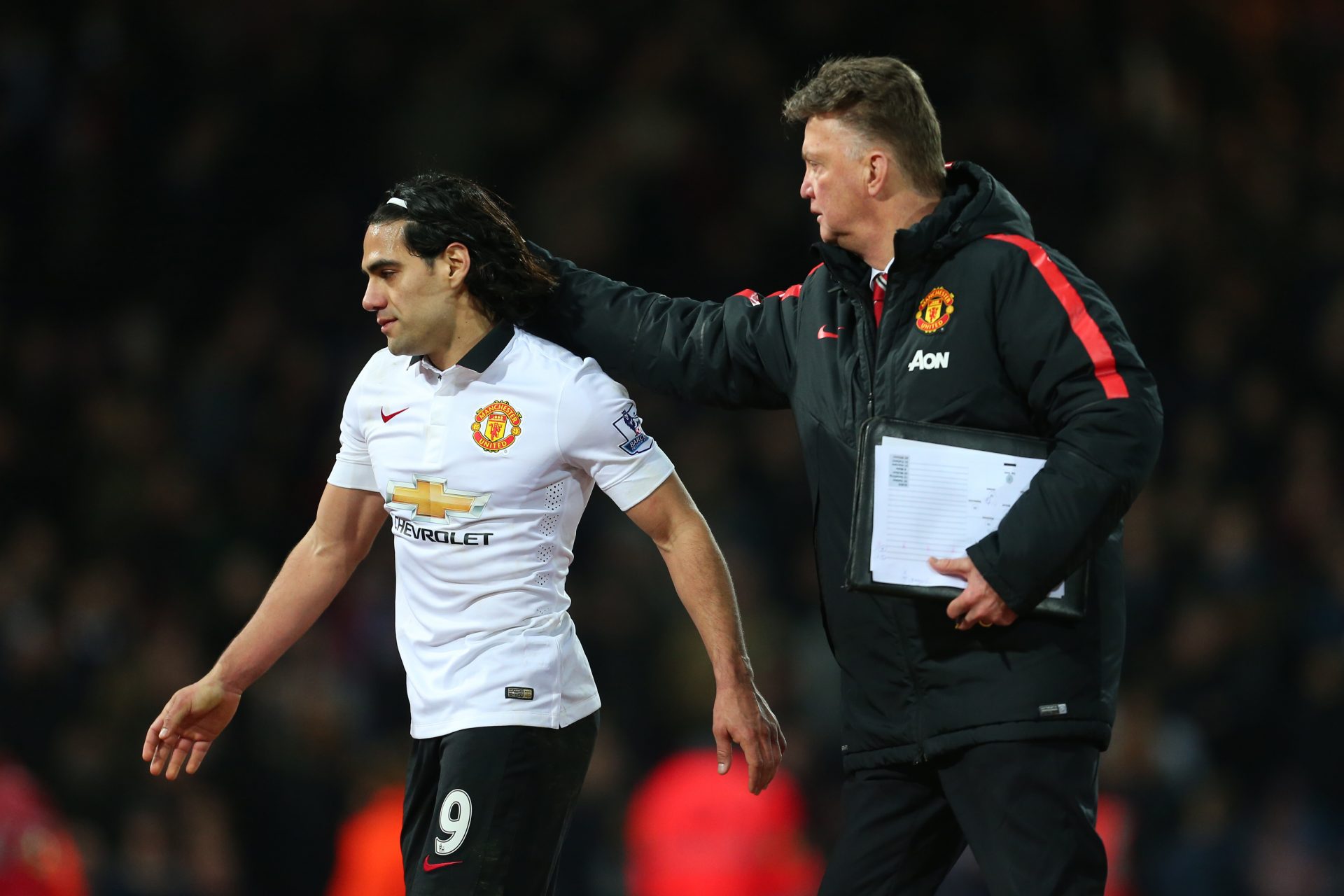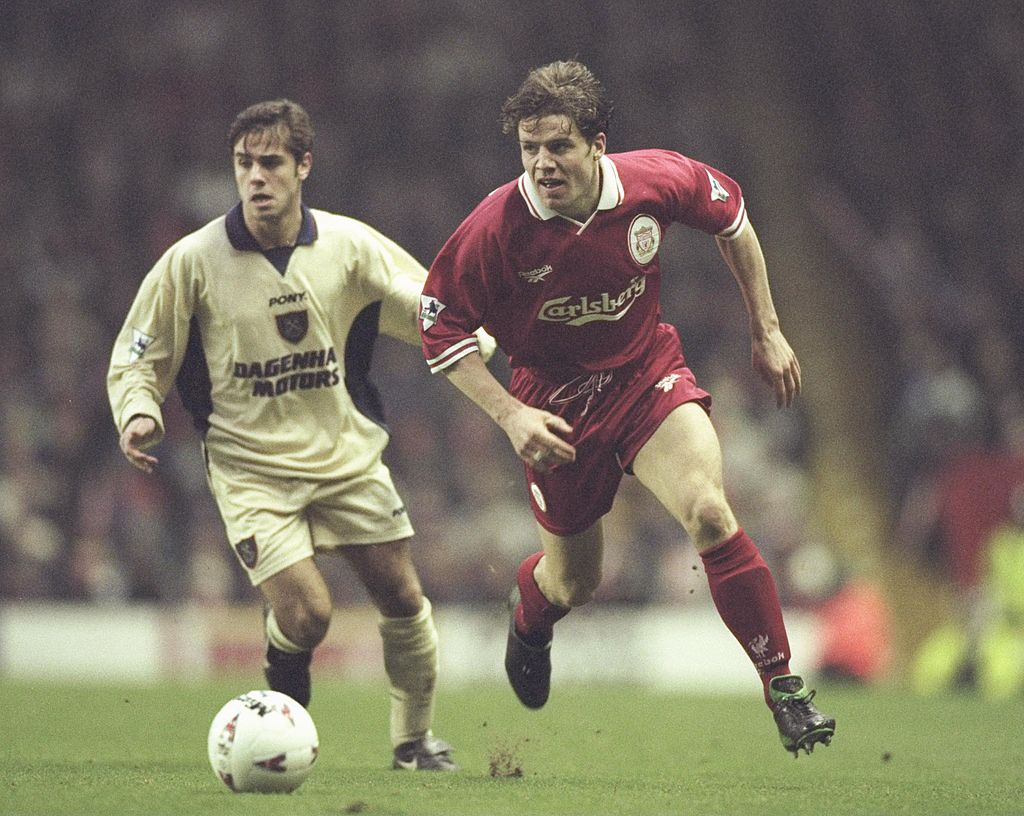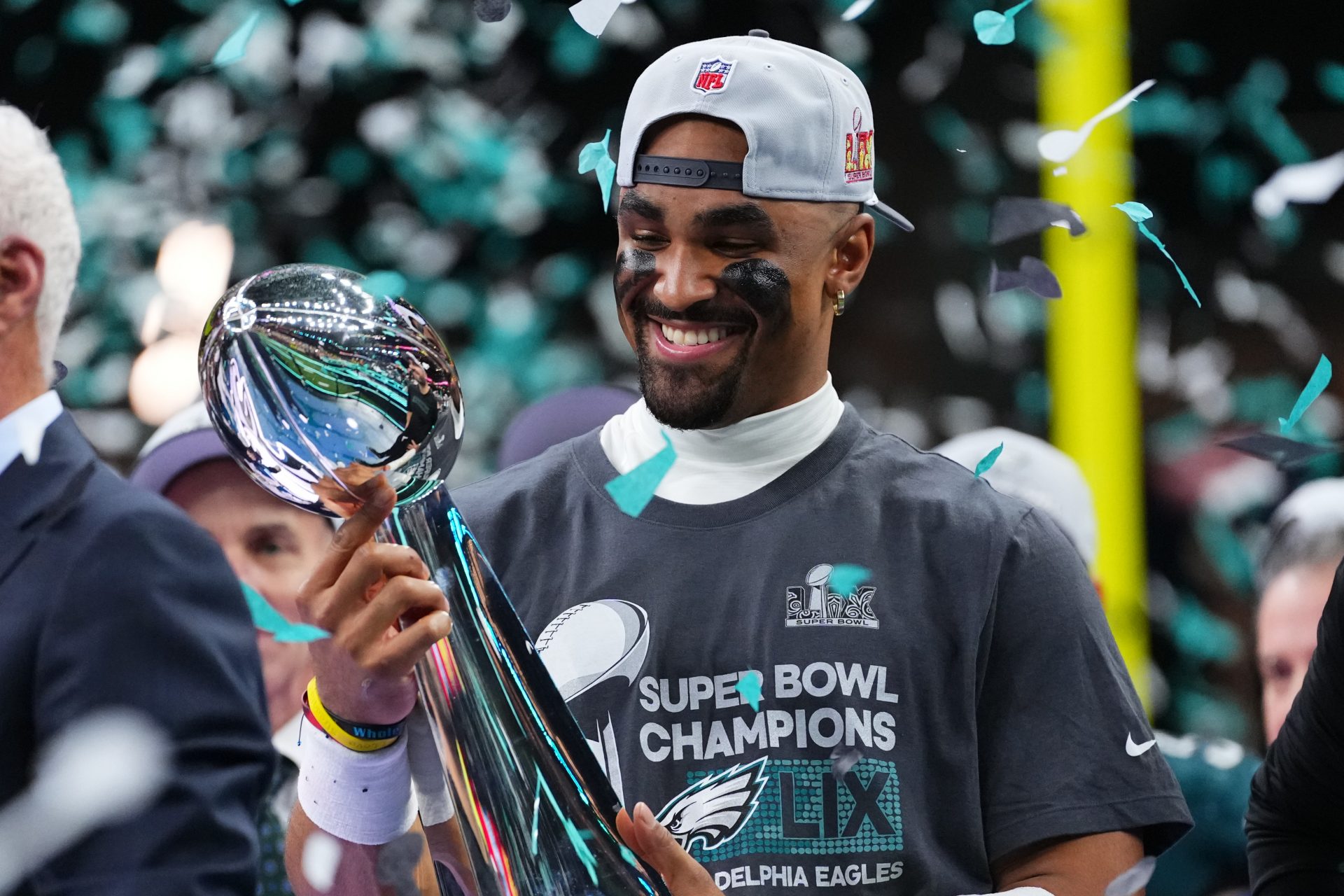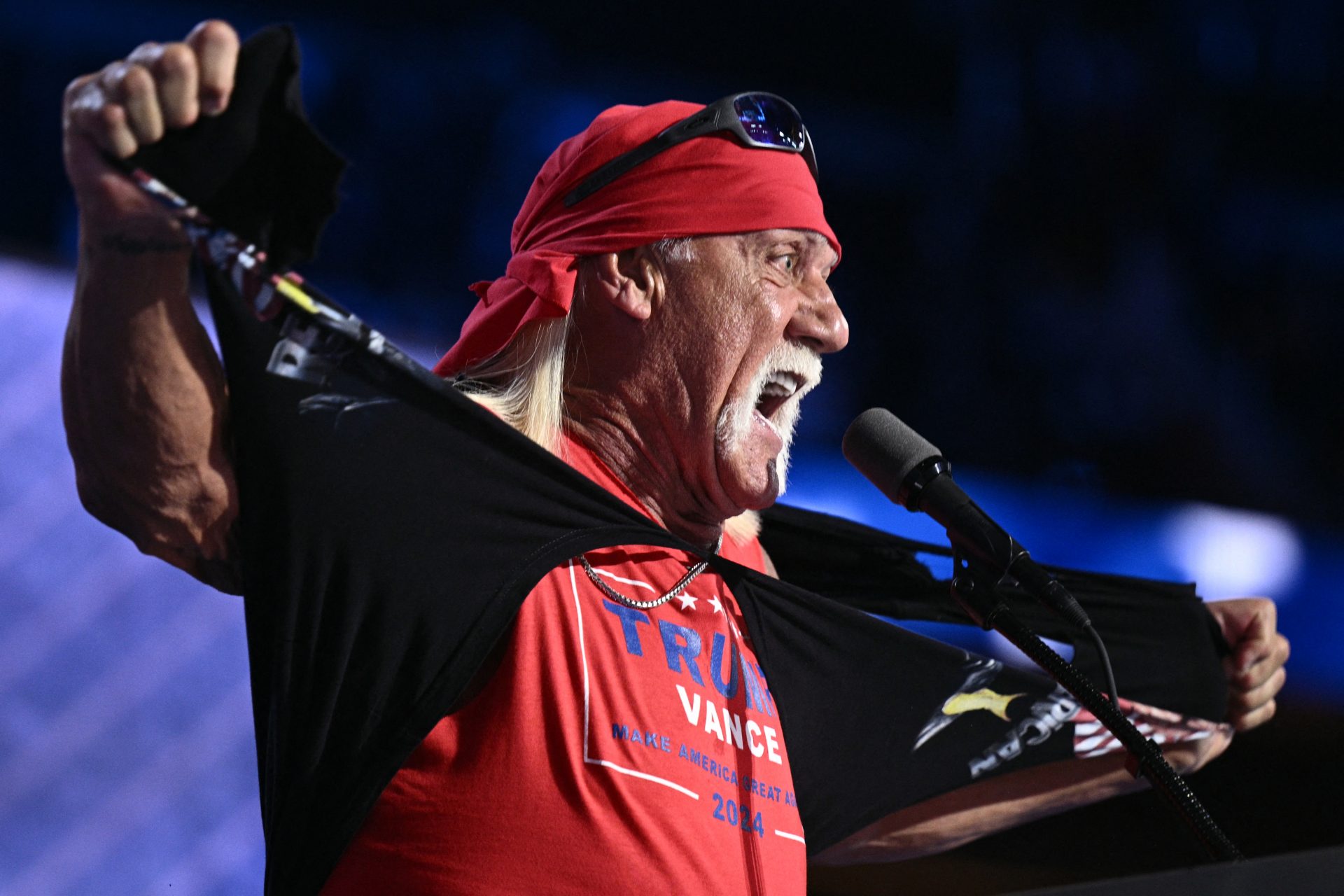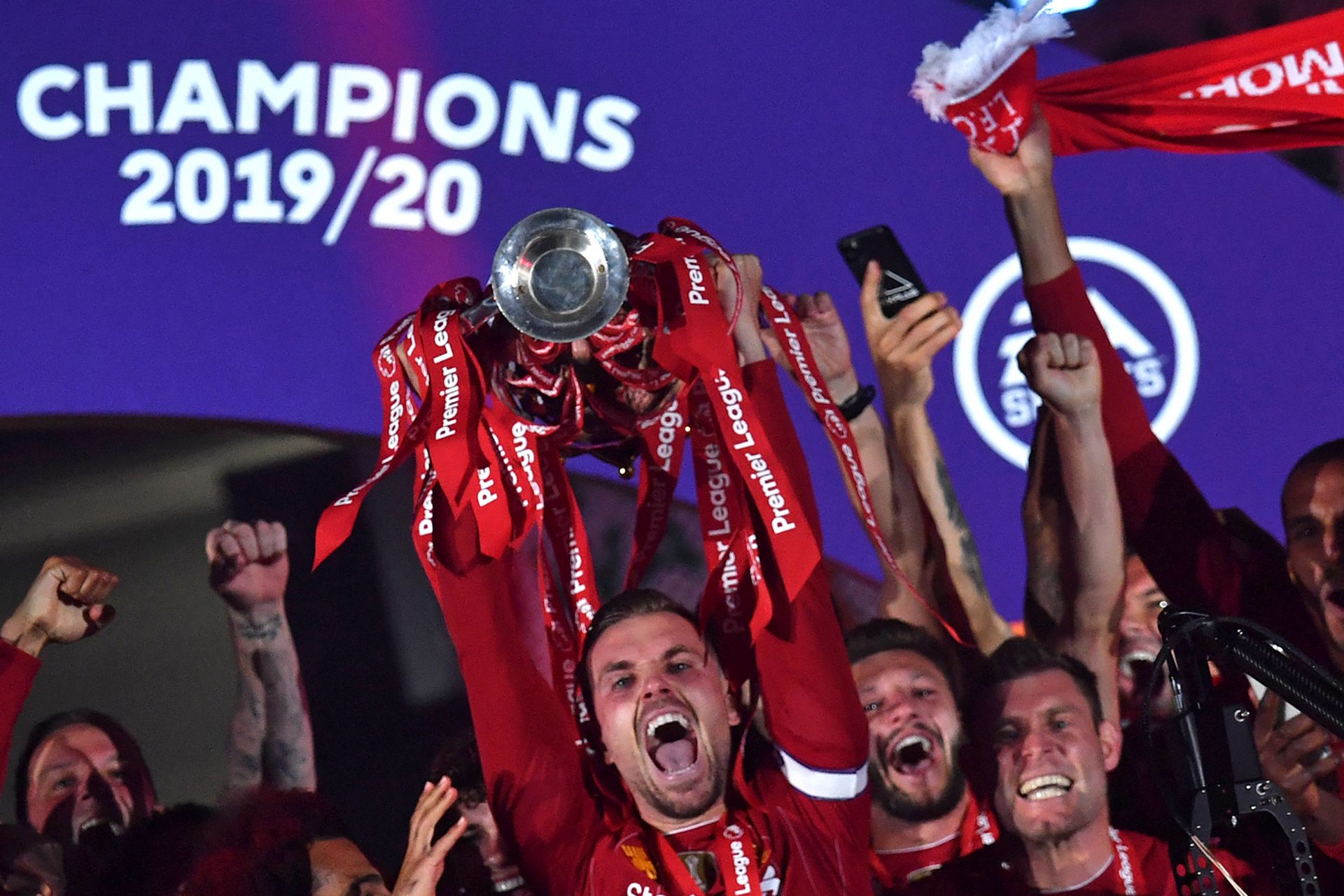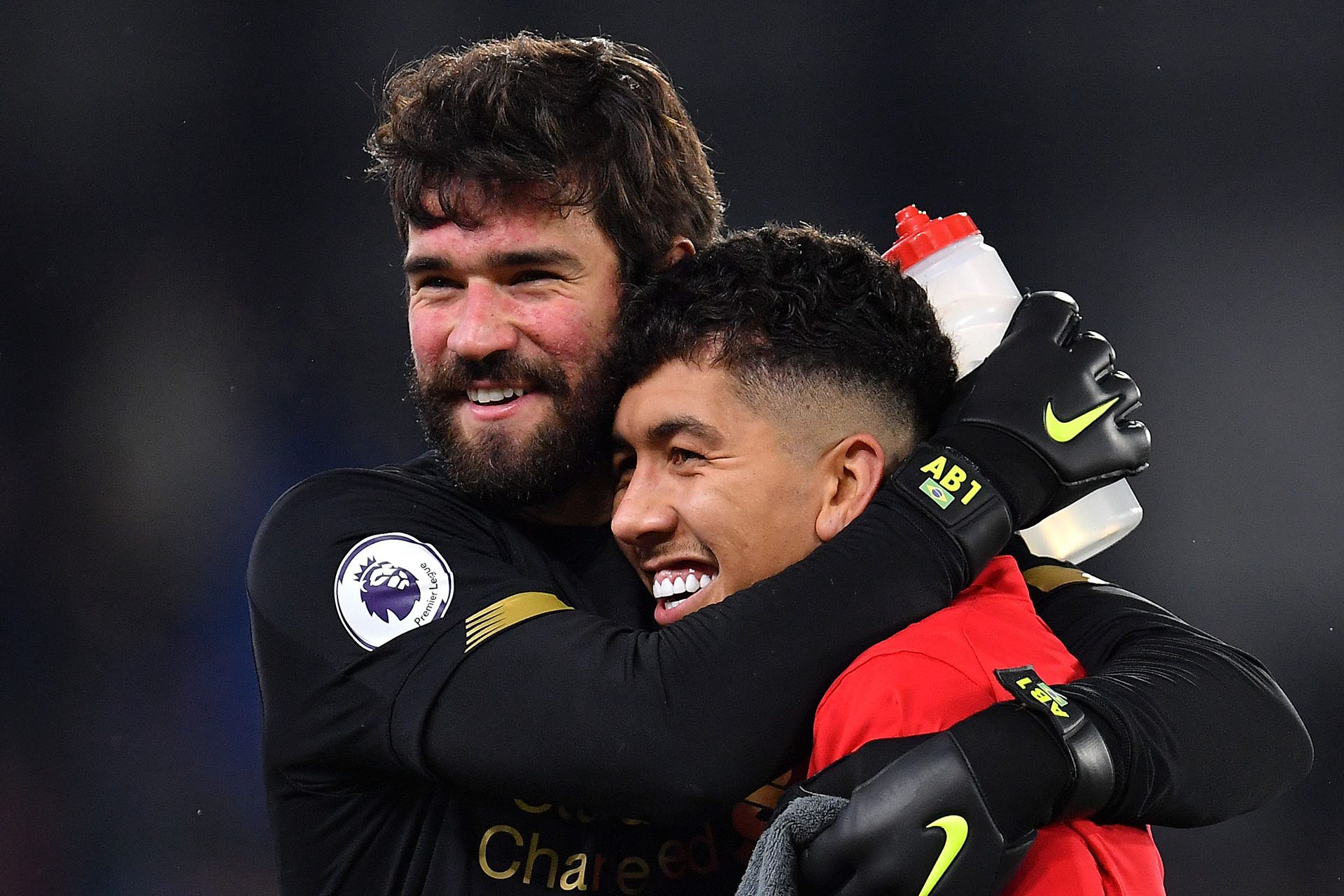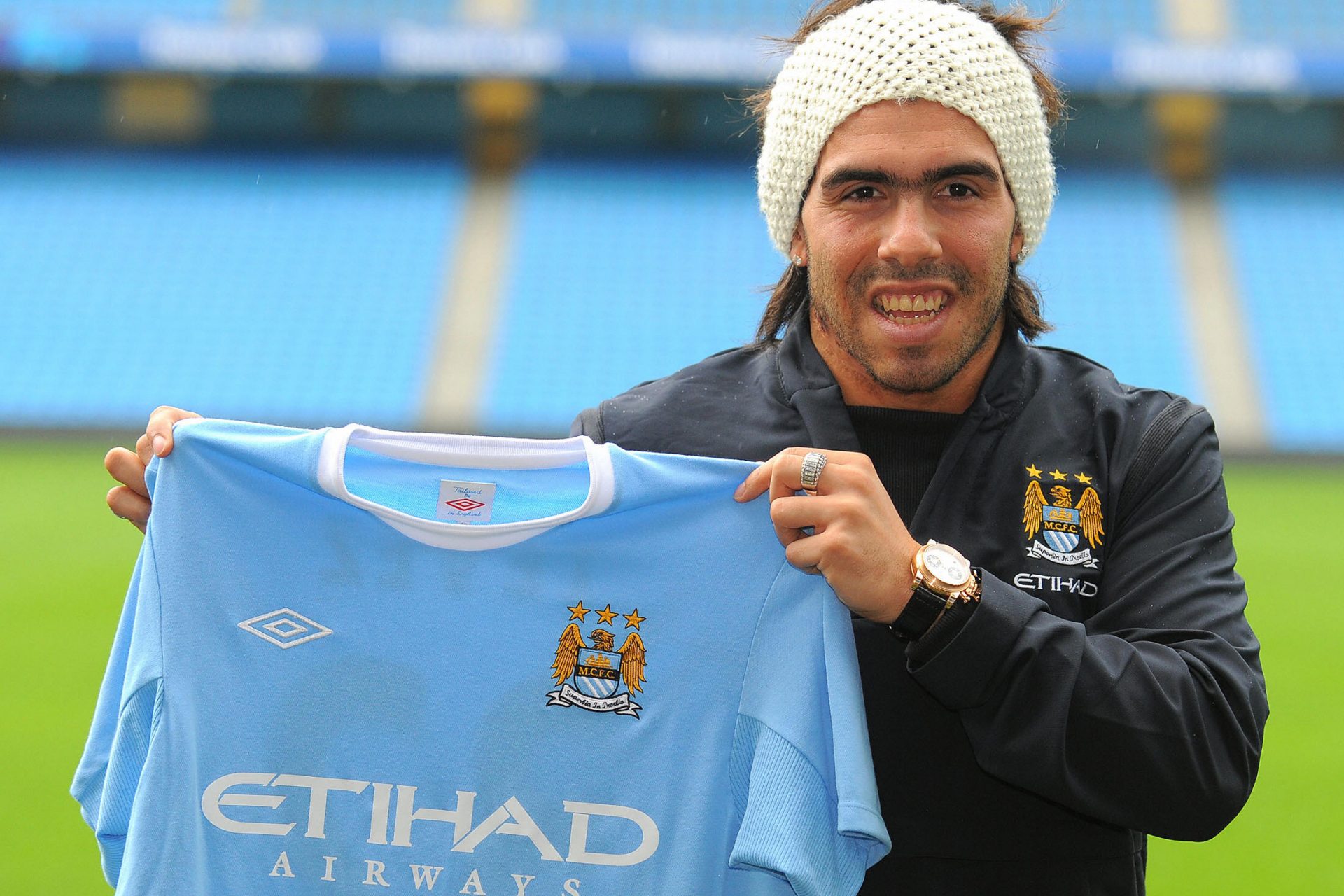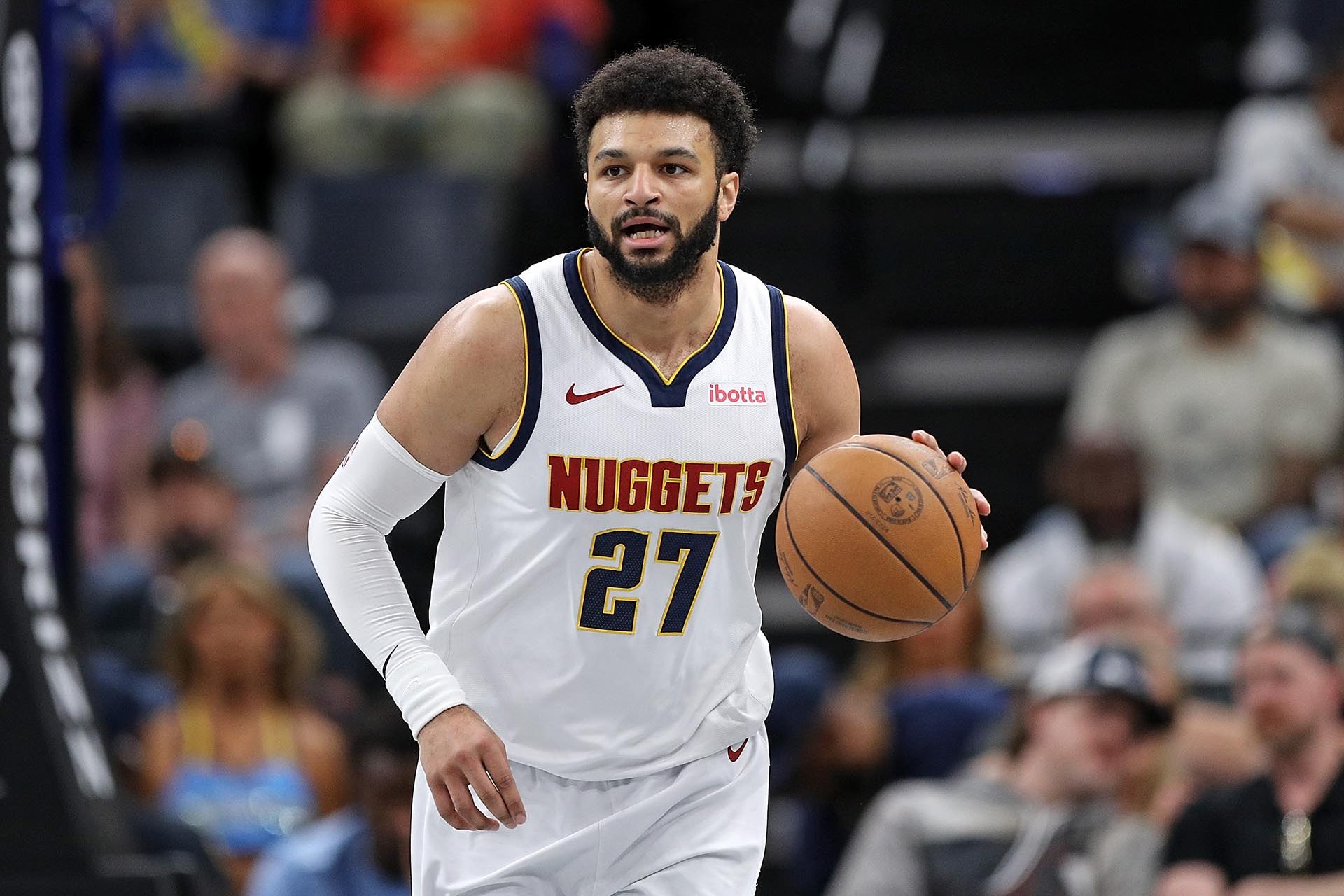The craziest contract clauses in football history
Over the years, footballers have signed some bizarre contracts, with clauses ranging from the practical to the outright absurd. While contracts typically focus on salaries, bonuses and transfer fees, some players have negotiated extraordinary perks. Likewise, clubs looking to protect their interests have also wielded their power to make stipulations to cover their backs. Here are some of the strangest clauses ever written into a football contract.
Arsenal legend Dennis Bergkamp had a well-known fear of flying, leading to a clause in his contract that exempted him from air travel. As a result, if he couldn't travel by road, he often missed key away fixtures in European competitions. Despite this, he made 423 appearances and scored 120 goals for Arsenal, according to Transfermarkt, becoming one of the club’s greatest-ever players.
When Ronaldinho joined Flamengo in 2011, he secured a clause allowing him to party two nights per week without facing fines or disciplinary action, as reported by the Express. Known for his love of nightlife, the Brazilian star lasted just 18 months at the club before leaving amid a contract dispute. Flamengo likely regretted granting him such leniency.
Want to see more like this? Follow us here for daily sports news, profiles and analysis!
Japanese midfielder Keisuke Honda took personal security seriously when he signed for Brazilian side Botafogo in 2020. His contract included a clause guaranteeing him a fully armoured vehicle for his safety. While rare, security-related clauses aren’t unheard of, especially in cities such as Rio de Janeiro, where high-profile individuals can be targets.
Anzhi Makhachkala made Samuel Eto’o the world’s highest-paid player in 2011, giving him a staggering $29 million (€20.2m/£17.9m) net per season, according to CBC. However, he refused to live in Dagestan, so his contract allowed him to live in Moscow and take a private jet to train every day. The perhaps unsurprising subsequent financial collapse of Anzhi in 2013 brought an end to his luxurious commute.
As reported by El Mundo in 2021, Lionel Messi’s final Barcelona contract included a clause requiring him to integrate into Catalan society and culture, including learning the language. A more unique detail? If Catalonia became independent from Spain, Messi could leave the club on a free transfer. He eventually departed in 2021 due to financial constraints rather than political ones.
Sunderland took no chances when signing Swedish midfielder Stefan Schwarz (right) in 1999, adding a clause forbidding him from space travel. At the time, commercial space tourism was being discussed, and Sunderland’s chief executive, John Fickling, told the BBC, "One of Schwarz’s advisers has, indeed, got one of the places on the commercial flights." Fearing they could lose a player to an intergalactic adventure, the Black Cats ensured he stayed grounded for his 73 appearances (per Transfermarkt) at the club.
German club Arminia Bielefeld agreed to build forward Giuseppe Reina (left) a house for every year of his contract when he signed in 1996. However, since no specifications were written, the club playfully built miniature LEGO houses instead, as reported by Die Welt. Amid a dispute eventually settled out of court, Reina left in 1999, likely regretting the lack of fine print in his deal.
When Rolf-Christel Guie-Mien joined Eintracht Frankfurt in 1999, he had an unusual demand: cooking classes for his wife to make his adjustment to life in Germany that bit easier. According to Talk Sport, the club accepted, ensuring domestic harmony. While uncommon, this clause highlighted how contracts can extend beyond the pitch.
When Roberto Firmino signed for Liverpool in 2015, his contract included a €98 million (£82.5m) release clause—but only if the interested club wasn’t Arsenal. According to Talk Sport, having been annoyed by the Gunners' £40m+1 offer for Luis Suarez years earlier, they didn't want to be stung by any more opportunistic approaches from the North Londoners. Regardless, they needn't have worried. Firmino stayed at Liverpool for eight years, winning the Premier League and Champions League and becoming a club legend in the process.
Want to see more like this? Follow us here for daily sports news, profiles and analysis!
Crystal Palace were wary of signing Neil Ruddock in 2000 due to his fitness issues. As a solution, former owner Simon Jordan, speaking to talkSPORT, said that he inserted a clause deducting 10% of his salary if he ever weighed in at over 99.8kg. Ruddock, a larger-than-life figure both on and off the pitch, later admitted he struggled to meet the requirement.
When joining Barcelona from Santos in 2013, Neymar ensured his close-knit group of friends, known as "The TIOSS," were part of his contract negotiations, according to GiveMeSport. In order to ensure the young Brazilian was never homesick and could integrate into life in Spain, the club agreed to fly his pals to the Catalan capital every two weeks on an all-expenses-paid trip.
When Manchester United loaned Radamel Falcao from Monaco in 2014, they were cautious about his injury history. As reported in the Daily Mail, his contract included a clause allowing them to terminate the deal without financial penalty if his previous knee problems resurfaced. Unfortunately for Falcao, he struggled to regain top form, scoring just four goals in 29 appearances (per Transfermarkt) before United declined to make the move permanent.
Norwegian defender Stig Inge Bjornebye had an unusual clause in his Liverpool contract—he was forbidden from being within 200 yards of a ski slope, according to the Guardian. Given that his father was an Olympic ski jumper, Liverpool clearly feared he might be tempted to take up the sport himself. Bjornebye respected the clause, focusing on football and making 184 appearances for the club (per Transfermarkt).
When Rafael van der Vaart joined Real Betis in 2015, his contract prohibited him from wearing red boots, as reported by Football Leaks. The reason? Red is the colour of Sevilla FC, Betis’ fierce local rivals. The Dutch playmaker agreed to the condition, but his time at the club was short-lived—he made just nine appearances for the Andalusians, according to Transfermarkt, before leaving after one season.
According to Marca, Uruguay striker Luis Suárez had a special clause in his Barcelona contract banning him from joining a list of clubs. The former Liverpool man wasn't allowed to join Manchester United, Manchester City, Paris Saint-Germain and, of course, Real Madrid even after his contract with the Catalan giants had expired. It's a shame they didn't include Atlético Madrid, with whom he won La Liga in 2020–21, the season following his departure.
Want to see more like this? Follow us here for daily sports news, profiles and analysis!
More for you
Top Stories








